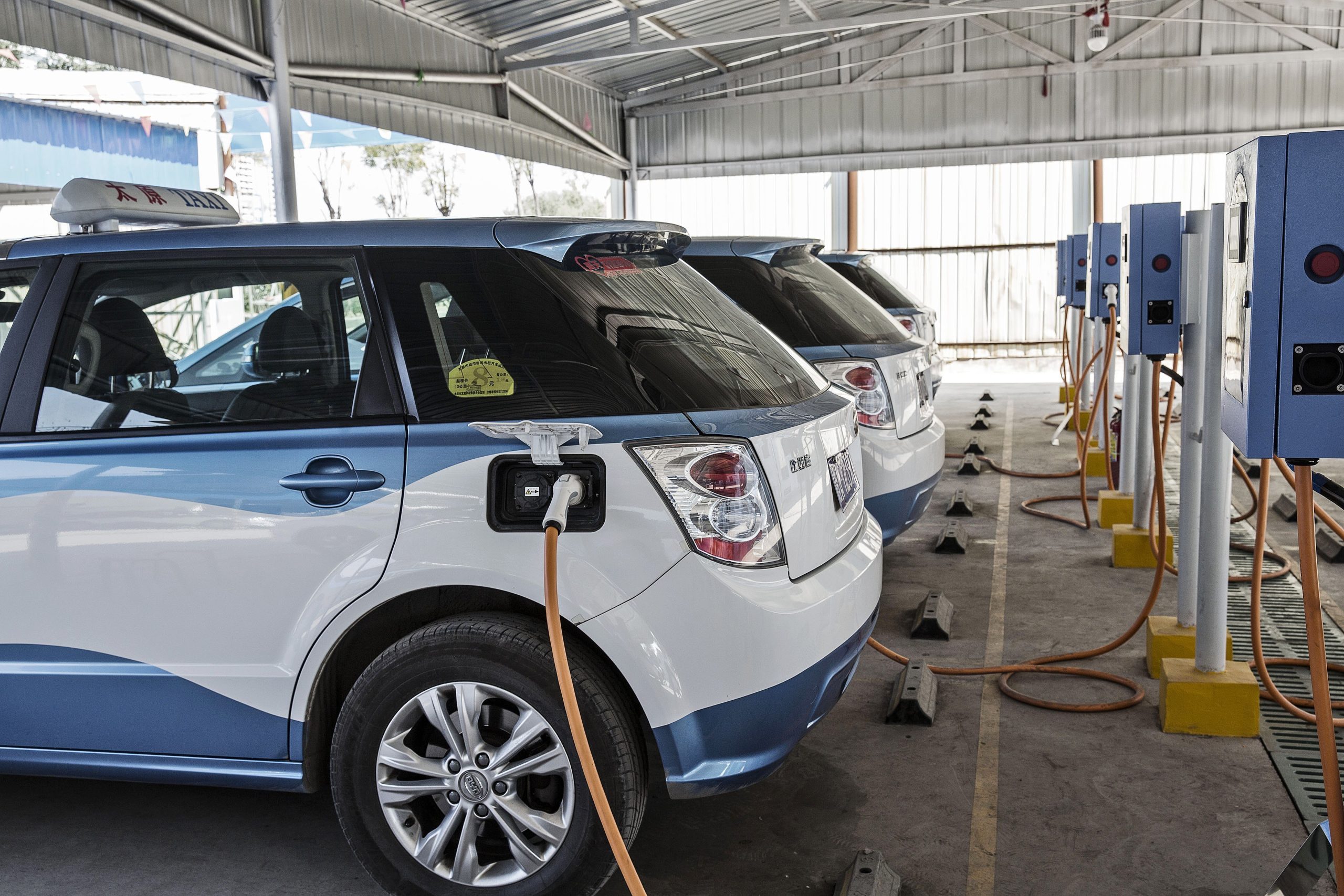As the government expedites measures to address prevailing dire economic conditions, Finance Minister Muhammad Aurangzeb Tuesday provided a glimmer of hope saying that the country’s foreign exchange reserves will reach $10 billion by June this year.
“The country’s foreign exchange reserves have increased […] and will reach $10 billion by June [this year],” Aurangzeb said while speaking at the 2024 Islamabad Business Summit.
Stressing the need for reforms in the energy sector, the finance czar underscored the significance of the “essential” privatisation of loss-making enterprises.
On the issue of the country seeking another bailout programme from the International Monetary Fund (IMF), the finance czar termed it “crucial” and remarked that reaching out to the Washington-based lender is often the “last option” for a country.
His remarks come days after Islamabad made a formal request to the IMF for a new bailout package in the range of $6 to $8 billion under Extended Fund Facility (EFF) with the possibility of augmentation through climate financing.
In an interview with The National a day earlier, the FinMin noted that the IMF has been very receptive in terms of agreeing to consider a larger, longer programme.
However, the exact size and time-frame will only be determined after evolving consensus on the major contours of the next programme in May 2024.
Pakistan has shown its interest and also made a request to dispatch the IMF review mission in May 2024 to firm up details of the next bailout package of three years period under EFF programme.
Although, Pakistani authorities are pitching a rosy picture of the economy the IMF, in its latest Regional Economic Outlook (REO), released by the Middle East and Central Asia (ME&CA) department stated that Pakistan’s external buffers deteriorated, mostly reflecting ongoing debt service, including Eurobond repayments.
GDP growth to be 2.6% in 2024
On what the current fiscal year might look like for Pakistan, Aurangzeb said that the gross domestic product (GDP) growth is expected to be at 2.6% in FY2024.
The government is taking steps to attract foreign investment and has set targets to keep the current account and fiscal deficits within reasonable limits.
Recalling Islamabad’s efforts to rein in inflation, he highlighted that tax collection has increased due to government initiatives whereas there has been a reduction in the current account deficit (CAD) as well.
“The CAD has been reduced to $1 billion after a 74% reduction in the FY24,” the minister said, adding that the inflation is expected to remain at 24% during the ongoing fiscal year.
Whereas the trade deficit has also been slashed to $17 billion after a 24.9% reduction, he remarked.
“The country’s foreign exchange reserves have increased […] Pakistan stock market is at the highest level in history,” the minister noted.
“Steps have been taken to improve the performance of the agriculture sector [which has] a growth rate of 5%,” he added.
Commenting on the improved revenue generation, Aurangzeb said that the Federal Bureau of Revenue (FBR) has witnessed a significant 30.2% increase in its tax collection to surpass its Rs6.707 trillion target during the current fiscal year.















































